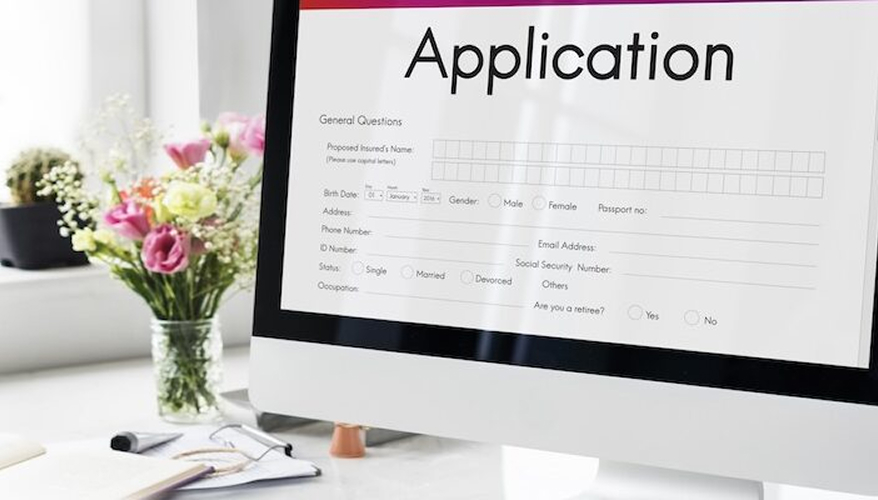As a vibrant city, Singapore’s multicultural population is bursting with life. While surrounded by modern developments, Singapore also values green space and recreational opportunities.
As a sovereign nation in Southeast Asia, Singapore has a reputation for expatriate life and ranked the best destination in 2018. It has some of the world’s robust happiness indicators for GDP, health, and social support.
The only downside of living in Singapore is the high standard of living, but it is one of the safest countries in the world for American expatriates.
Here are the 8 things that you need to know before moving to Singapore.
Weather in Singapore
Singapore has a tropical climate throughout the year, meaning it’s summer all the time on this island.
It can be extremely humid and hot at times, but indoor atmospheres typically have air conditioning systems to regulate the heat and provide comfort. On the upside, the sunny weather allows adults and children to enjoy outdoor activities, but you will get used to the heat. After all, it is the humidity that makes you sweat. If you are male, bring shorts and flip-flops.
Cardigans and jumpers in Singapore are for indoors. Shops, offices, and busses are freezing because the air conditioning systems in the office are linked to temperatures outside. It is colder when it rains.
Keep an umbrella in your bag because the weather can change in seconds. It rains regularly, and there will be scary thunderstorms but stop quickly.
Singapore Culture and Language
The diverse community of Singapore is featured in its culture. Chinese, English, Tamil, and Malay and spoken in this country, among other languages. However, soon you will hear everyday English Singaporean slang or Singlish. Singlish has words from English, Hokkien, Cantonese, Malay, Japanese, Teochew, and Tamil. Although not spoken in official settings, it is commonly spoken by Singaporean and long-term residents alike.
Social Life
Singapore is a sophisticated community with numerous activities to enjoy, and places to visit. Active people enjoy running on scenic trails, visiting beaches, or ziplining through the trees. Residents who desire city life eat at fine dining restaurants or hawker stalls and shop at many retail stores. Expatriates who love day trips on the weekend explore Indonesia or Malaysia.
Quality of Life
There are many options available when it comes to education. Singapore has world-class public schools and esteemed private and international schools ideal of expatriate families. One World International School offers an international curriculum, a moderate fee structure, and art, music, sports, and language programs.
Singapore residents and expatriates receive the best health care from experienced professionals operating state-of-the-art facilities.
The cost of living in Singapore can be as cheap or expensive as you make it. If you live as you did back home and eat your usual food, it will cost you three times. You may need to shop in specialty shops. Local food is very cheap whether you cook at home or eat out.
Shopping at local supermarkets or wet markets is cheaper, and you will have a wide range of fresh products to choose. These are also available online for delivery.
Housing
The majority of expats live in condominiums or apartments with pools, gyms, and security. As these residential properties are often in demand, if you relocate to this country and want to live close to your office, the Central Business District (CBD) is your best bet. Start viewing the housing options online and explore the location before renting out. Go for a place near local amenities and transport links.
You may be surprised that many agents advertise the same condo or apartment units. Both the renter and landlords have their agents, so it’s best to find a trusted property agent to do the legwork for you.
Transport
It’s easy to go around Singapore because the public transport system is effective, efficient, and safe. It has a subway system called MRT (Mass Rapid Transit) to get you from one part of the city to another. You can take the bus to work if you live near the bus stop.
Use the gothere.sg app for directions to go to work, school, or to go around the city. It allows you to enter the departure and arrival address and show you the route by bus or MRT with approximate driving time. Taxis are cheap, but difficult to get them when it is raining.
Banking
The banking system in Singapore has a high level of stability and security as one of the top-notch systems globally. There are domestic and foreign banks in Singapore. Commercial banks in Singapore are supervised by the Monetary Authority. Being an international financial center and a banking hub in Southeast Asia, they practice pro-business policies. We suggest you also open a local bank account once you move and live there.
Expatriate Forums and Clubs
Expatriate forums and clubs are for families who want to connect with other expatriates from other countries. Facebook is a popular social media designed for international residents in Singapore. Some of these groups are the Singapore International Foundation and The British Association of Singapore. Other smaller groups are also available for residents from other countries.
Singapore is a modern city filled with state-of-the-art developments. In addition to skyscrapers and premier amenities, the city has various well-maintained public spaces, efficient transportation systems, and housing estates. Singapore has a low crime record, moderate cost of living, and high-standard quality of life.
You will find small community parks and playgrounds for children in every locality. Singaporeans pride themselves on clean living in a modern city where people, visitors, and government officials preserve a cheery community.
Keep an open mind, and eventually, you will find yourself getting used to the multicultural customs and festivals.
Singapore is a fabulous place to live if you want a taste of Asia with all the niceties of the west.
Are you thinking of moving to Singapore? Talk to our immigration consultants to check what options are available for you.






